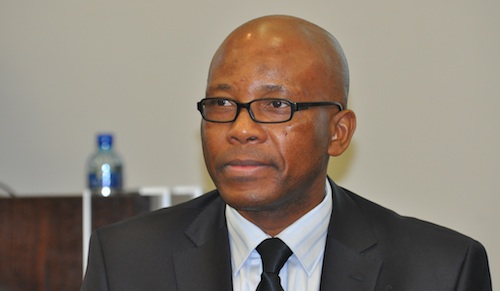
The SA subsidiary of US multinational Microsoft plans to pump R472m into local black-owned SA software companies over the next seven years.
It’s a move aimed, in part, at improving the company’s black economic empowerment (BEE) credentials without it having to sell an equity stake in its local operation. It also hopes the move will result in least some of the companies it supports becoming significant players in the IT industry worldwide.
The R472m will be spent in roughly equal portions of nearly R70m/year over the seven-year investment period.
Like other US companies, Microsoft — which says the plan enjoys the backing of CEO Steve Ballmer — can’t sell a stake in its SA operation for regulatory and other reasons.
The company is pitching the plan, which enjoys the support of the department of trade & industry, as an “equity equivalence” BEE deal. It says its BEE rating will be boosted, probably taking it from a level-four contributor to level two.
Microsoft hopes to spend the R472m helping between five and 10 black-led and black-owned software development houses, providing them with technical, business and marketing support.
They’ll also be given access to Microsoft resources internationally and offered support in selling their products in markets worldwide.
The software giant will issue a request for proposals next week. Interested companies must have annual revenue of less than US$10m and employ fewer than 30 people.
They must also be majority black owned and be led by people who will be comfortable running a quickly expanding business that could eventually compete on the world stage. Microsoft will use a balanced scorecard approach to choose the successful companies.
Microsoft SA MD Mteto Nyati (pictured at top) says the R472m will come from the local subsidiary, with the support of its US parent.
The company will not take an equity stake in any of the businesses it works with and does not expect any payments in return. It also does not expect a return on its investment, though it expects the initiative will benefit it indirectly later.
It is not interested in pure start-ups, wanting to work only with software development companies with a track record.
Microsoft SA has set up a division dedicated to supporting the chosen companies. Half-a-dozen people will staff the division and their salaries will be paid from the money earmarked for the project.
Part of the programme will involve training hundreds of tertiary-level graduates in technology systems.
“In the first two years, we will bring in graduates until such time as they are billable, then they will move out and we’ll bring in more graduates,” Nyati says.
“We estimate each of the companies we invest in will have 300-400 people at the end of the seven years.”
Nyati says Microsoft’s early research suggests it will get about 200 applications from interested companies. “Of these, we will probably end up with about 50 that meet the criteria, after which we will apply the balanced scorecard.” — Duncan McLeod, TechCentral
- Subscribe to our free daily newsletter
- Follow us on Twitter or on Facebook

